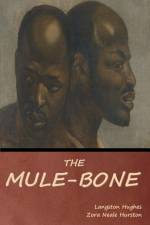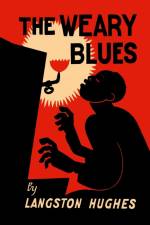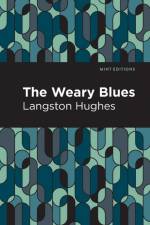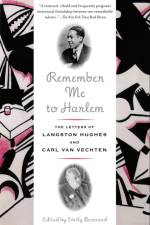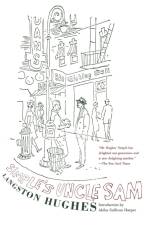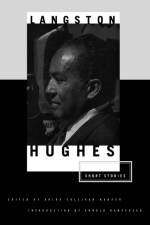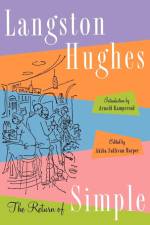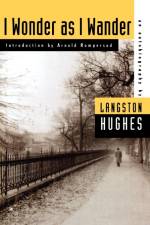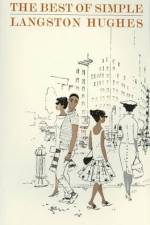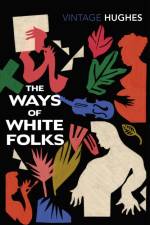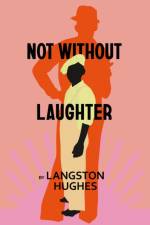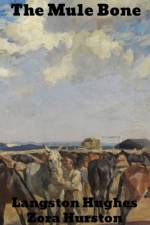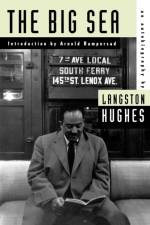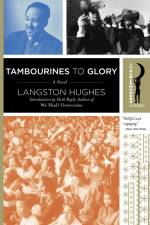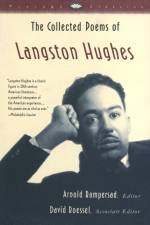von Langston Hughes
21,00 €
Mule Bone: A Comedy of Negro Life is a 1930 play by American authors Langston Hughes and Zora Neale Hurston. The process of writing the play led Hughes and Hurston, who had been close friends, to sever their relationship. Mule Bone was not staged until 1991, when it was produced in New York City by the Lincoln Center Theater. The play begins in Eatonville, Florida, on a Saturday afternoon with Jim and Dave fighting for Daisy's affection. The two men come to blows, and Jim picks up a hock bone from a mule and knocks Dave out. Jim is arrested and held for trial in Joe Clarke's barn.On Monday, the trial begins in the Macedonia Baptist Church. The townspeople are divided along religious lines: Jim's Methodist supporters sit on one side of the church, Dave's Baptist supporters on the other. The issue to be decided at the trial is whether or not Jim has committed a crime. Jim admits he hit Dave but denies it was a crime. Elder Simms argues on Jim's behalf that a weapon is necessary to commit a crime, and nowhere in the Bible does it say a mule bone is a weapon. Elder Childers, representing Dave, says Samson used a donkey's jawbone to kill 3,000 men (citing Judges 18:18), so the hock bone of a mule must be even more powerful. Joe Clarke declares Jim guilty and banishes him from town for two years.Act III takes place some time later, with Daisy encountering Jim outside of town. She tells him she's been worried about him, but he's skeptical. She demonstrates the sincerity of her affection and Dave comes upon the couple. The two men engage in a war of words to try to show which of them loves Daisy more. The contest ends when it becomes clear that Daisy expects her man to work for the white people who employ her. Jim and Dave are reconciled, and neither remains interested in courting Daisy. The two men return to Eatonville. Mule Bone was produced for the first time in 1991 by the Lincoln Center Theater, more than 60 years after it was written. It opened at the Ethel Barrymore Theatre on Broadway on February 14, 1991, to generally negative reviews.Reviewing Mule Bone for The New York Times, Frank Rich wrote that it was "an evening that can most kindly be described as innocuous". He described it as a "broad, often bland quasi-musical". Also writing in The New York Times, David Richards said of Mule Bone: "it's just not a very good play." Both critics suggested the play might have been much better had Hughes and Hurston finished their collaboration.The production closed on April 14, 1991, after 68 performances. (wikipedia.org)


